Elon Musk's Fun New Plan to Turn Twitter into a Cage Match Between Liberals and Conservatives
Is he a megachurch, a tech mogul, or a thin-skinned billionaire charlatan? You decide.
Elon Musk’s vast army of followers refer to themselves as Musketeers. Did you know that? I didn’t. Not until I started doing a deeper dive into Musk’s takeover of Twitter. The majority of them are white cis males—you and I might refer to them as typical tech bros—but two in every ten men in the U.S. consider themselves ardent fans of the South African tech billionaire. Tellingly, only 10% of women have a favorable view of him, although I suspect he will make gains in that demographic once his dystopic wet-dream of a vision for Twitter gets underway.
Those red-meat-eating Trumpublican babes really dig a guy with a rightwing agenda.
In the interests of full disclosure, I want to make one thing clear: I despise Elon Musk and see him as a danger to the planet. Clearly, I’m not alone in that opinion, and I will detail my reasons for loathing him later on, but first, let’s take a look at why anyone would like him in the first place. What is he offering his 100 million followers on Twitter—a number, I might add, that I find as hard to swallow as his vows to make the world a better place? What is it that makes him so irresistible?
To the Musketeers, Elon represents a bold step into the future. These are the legions of tech-utopians that see the upside to innovation without considering how it might play out in the real world. Meta (formerly Facebook) CEO Mark Zuckerberg is just such a person. To Zuckerberg, Facebook is a way to dissolve the walls that separate us. “When you give everyone a voice and give people power, the system usually ends up in a really good place,” he said in his early years of tech moguldom.
Doesn’t that sound lovely? It’s a great democratization! Everyone has a voice. Free speech is a beautiful thing. In the hands of the People, power is a force for good in the universe.
Then 2016 happened. People had a voice all right. But it was Facebook’s own algorithm that was amplifying that voice and giving it an importance that was hardly reflective of the American majority. In fact, according a trove of secret documents, Facebook played an outsized role in the Capitol Hill riots, which proves that starry-eyed utopian boy-kings like Zuckerberg ought not to be entrusted with public platforms like Facebook.
It is not for nothing that Facebook is described as the most powerful behavior modification machine in history. An exposé in October, 2021, referred to as “The Facebook Papers,” makes a solid case for Facebook being fully aware that its algorithm incited violence. Zuckerberg did nothing to stem the tide of hatred, vitriol, misinformation, and fake news—until public pressure became so overwhelming, he had no choice but to boot the source of that fake news, then-presidential candidate Donald Trump, off the platform. Trump followers practically howled for Zuckerberg’s blood.
What Zuckerberg doesn’t get, and what Elon Musk doesn’t get (but is about to find out), is that free speech isn’t free. In fact, what we’re talking about isn’t free speech at all. It’s tolerance. In Zuckerberg’s case, we can at least excuse some of his appalling ignorance on his young age. But what excuse does fifty-one-year-old Elon Musk have?
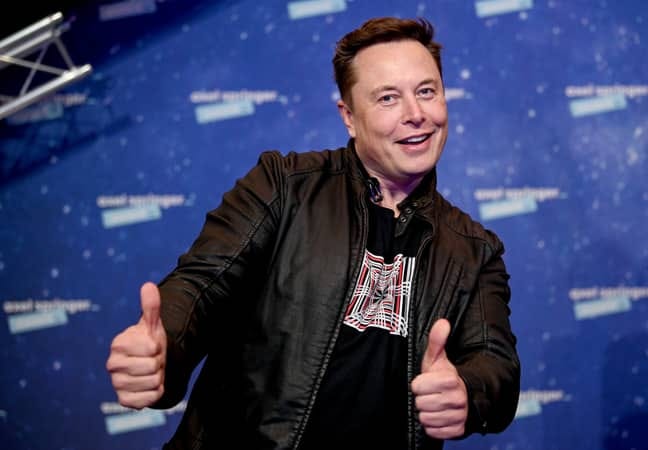
Philosopher Karl Popper understood the paradox of tolerance better than anyone. In his book, The Open Society and Its Enemies, he correctly states that unlimited tolerance actually leads to the extinction of tolerance. When we extend tolerance to those who are openly intolerant (e.g., racists, anti-Semites, Incels, or Musk showing his whole ass by tweeting the outrageous lie that the attack on Speaker of the House Nancy Pelosi’s husband, Paul, was in fact the result of a homosexual liaison gone wrong), the tolerant ones end up being destroyed and tolerance with them.
Free speech does not require that we tolerate the ideas of crypto-fascists. In fact, defending tolerance demands that we not tolerate the ideas of crypto-fascists.
The problem is, of course, all that juicy hate speech and intolerance generates so. much. cash. Unimaginable amounts of cash. The Fox News Corporation, ground zero for hate speech, fear mongering, and intolerance, made over $32 billion in 2019, with a downright heartwarming decline ever since. Facebook also raked in the dough. Angry MAGAts stayed on the platform longer, saw more ads, bought more things, even with money they didn’t have, and almost single-handedly made it possible for Facebook to charge businessmen like Mike Lindell, the “My Pillow Guy,” conspiracy theorist, and unhinged Trump supporter, millions of dollars for ads. In fact, the more bad press Lindell gets, the better his sales, which strengthens this cannibalistic ouroboros of hate speech = algorithmic dissemination = ad revenue.
It’s the definition of insane.
You have to ask yourself what kind of white, cis-male, overly privileged lives guys like Zuckerberg, Musk, and Jack Dorsey (former owner of Twitter) must lead to make them think giving everyone the mic is a good idea. It’s too late now, of course. The cat is out of the bag. But not everybody with a Facebook or Twitter feed is playing with a full deck, as the last fifteen years amply prove. And by that I mean billionaires like Musk.
Muskbros will tell you that the technological advancements Musk is making will “change the world.” They are referring to five specific projects: Tesla, his fleet of luxe electric cars; Hyperloop, an underground high-speed tunnel from L.A. to San Francisco; Space X and the colonization of Mars; data chips intended to turn the human brain into a supercomputer; and Starlink, a web of satellites positioned around the earth to provide Internet access to the other half of the world’s population that doesn’t have it.
But here’s the thing. Hyperloop, his magnetic train idea, isn’t even a prototype. So far, it’s nothing more than a poorly conceived idea. But with venture capitalists willing to throw billions at any project with Musk’s name attached to it, Hyperloop has mostly succeeded at putting those billions in Musk’s pocket. Even if he does find a way to bend the laws of physics, only the elite will be able to afford Hyperloop, the price of which will do little to relieve California’s notorious traffic problems. His Musketeers don’t see this, or if they do, they’re too busy auto-eroticizing to the idea that one day, they too will be billionaires.
Tesla has similarly poor optics. A starter vehicle is well north of $50,000. Can the average American afford one? No. Has Musk solved any major emissions problems with Tesla? Also no. Devonshire Research Group, an investment firm that specializes in valuing tech companies, concluded that Tesla, like most electric cars, creates pollution and carbon emissions in other ways. Musk isn’t innovating; he’s duplicating existing technology—and then hyping himself as some kind of genius. But these are all pesky semantics to the worshipful cultists of Musk.
Once we have made Earth fully uninhabitable, there’s always Musk’s pipe dream of a colony on Mars. A fully corporatized colony under his control, of course. I don’t think it will be affordable to 99% of us, but I’m sure Musk will send his regards as he goes blasting off into space. Never mind that we have yet to get a manned craft to Mars, let alone construction equipment to build housing on an uninhabitable surface.
Can you see now why I think Musk is a snake oil salesman?
By far his most troubling project (at least until he acquired Twitter) is Starlink, a low latency, broadband internet system that Musk has every intention of monetizing. While Ukraine is fighting for its life and national sovereignty, Musk tweeted that he could no longer afford to provide Ukraine with Starlink (this, after his previous suggestion that Ukraine “just make peace” with Russia). This caused a huge international outcry. A day later, again by tweet, Musk wrote, “The hell with it ... Even though Starlink is still losing money & other companies are getting billions of taxpayer $, we'll just keep funding Ukraine govt for free.”
Well, it’s a relief we have Elon Musk making decisions on things of global consequence. Good work, team.
What Musk sells to his investors and his legions of loyal followers is hope: to the former, hope of a return on their investment; to the latter, hope of scorned nerds everywhere. At long last, they will become the cool kids at the lunch table. Muskbros think they’re showing nerd solidarity when they rampage the Twitter feeds of Musk’s detractors; what they’re actually doing is feeding the rapacious ego of one of the world’s greatest hucksters.
By the way, does that remind you of anyone?
And now Musk is in charge of Twitter. His fellow investors on this 44 billion dollar boondoggle are a Saudi prince, a couple of big Silicon Valley venture-capital firms, and Larry Ellison, the co-founder of Oracle, all of whom might want their money back at some point. But how exactly is Musk going to do that? If he makes good on his promise to invite insurrectionists like Donald Trump and Marjorie Taylor Greene back to the platform, and then lifts all previous restrictions on “free speech,” it will be absolute mayhem. We know this. Musk knows this. He just doesn’t care.
Facetiously, perhaps, but who really knows with this guy, Musk put forward the idea that Twitter would soon have pay-to-play “tiers,” like a video game, where conservatives and liberals could sling insults and possibly virtual weapons at each other. Then he proposed that all blue-check Twitter users (a blue check means “verified account,” which is something famous people use to show it’s really them and not an imposter) pay $240 a year for the privilege or have all their blue checks revoked.
Twitter personality and famous horror author Stephen King flat out refused. “$20 a month to keep my blue check?” King tweeted to his 6.9 million followers. “F**k that, they should pay me.”
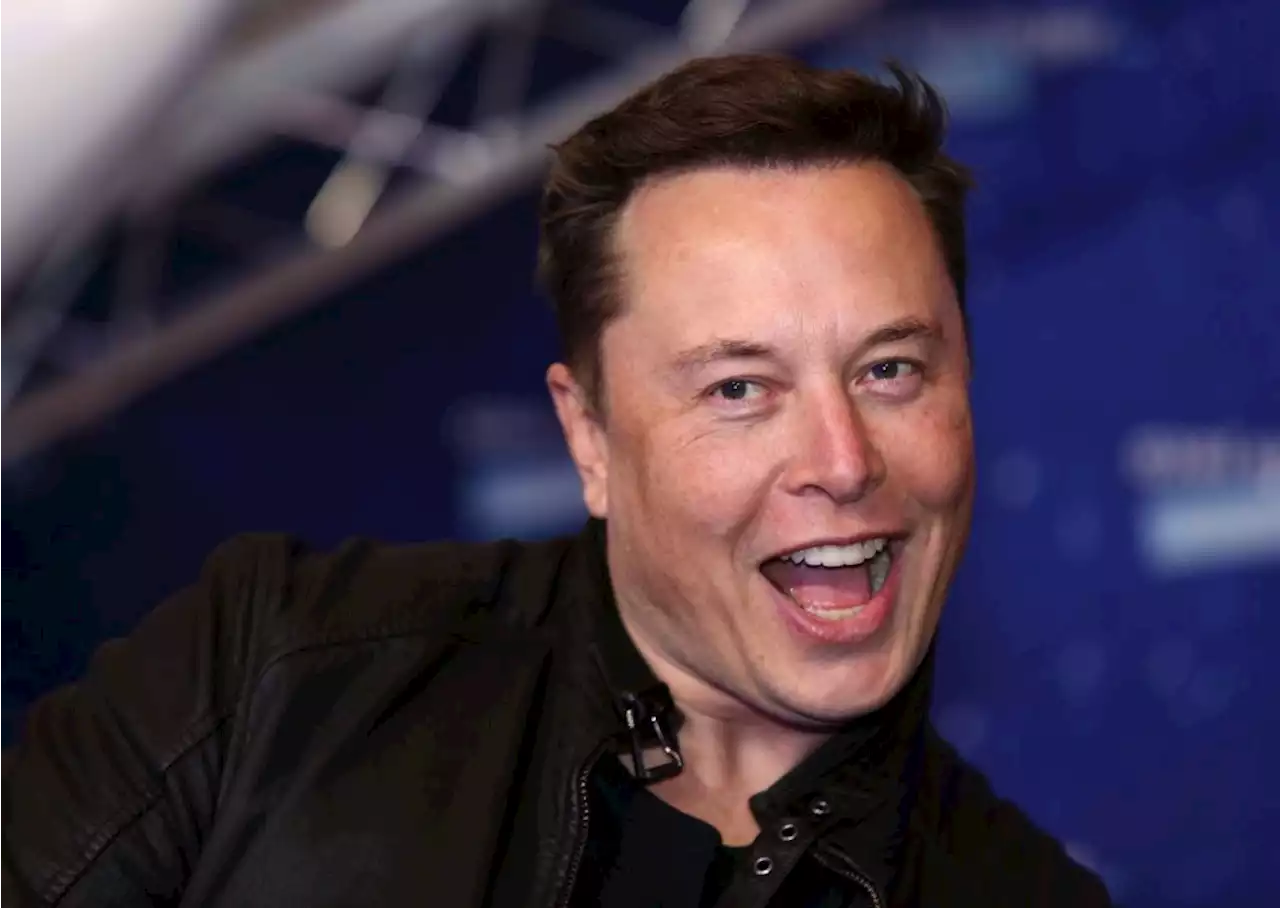
Like all reptiles technopreneurs, Musk knows when it’s time to get off the rock. If he opens the gates of Trumpublican hell on Twitter, no one with any money is going to want to be there. People with money buy things. When they stop buying things, businesses won’t advertise on the platform. As a demographic, Trumpublicans don’t have much money (not throwing shade here; I don’t have any either), which makes them a less valuable commodity in the world of big business.
It remains to be seen how Musk will make up that difference.
But one thing seems fairly certain.
For Twitter’s 450 million active users, it is the end of an era—and quite possibly, the end of the line.
Copyright © 2022 Stacey Eskelin
Weigh in here! I want to hear from you. Dive into the comments section below.


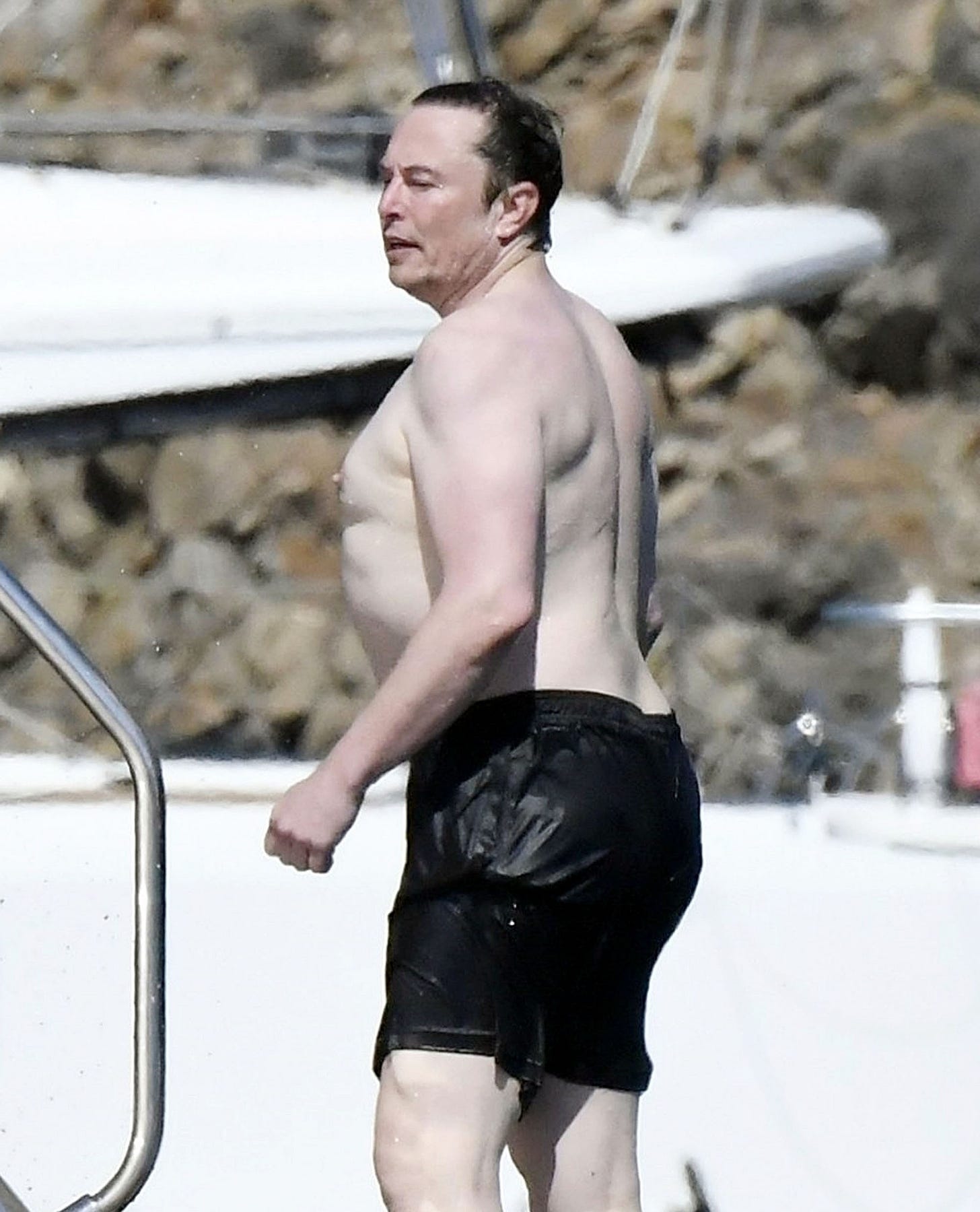
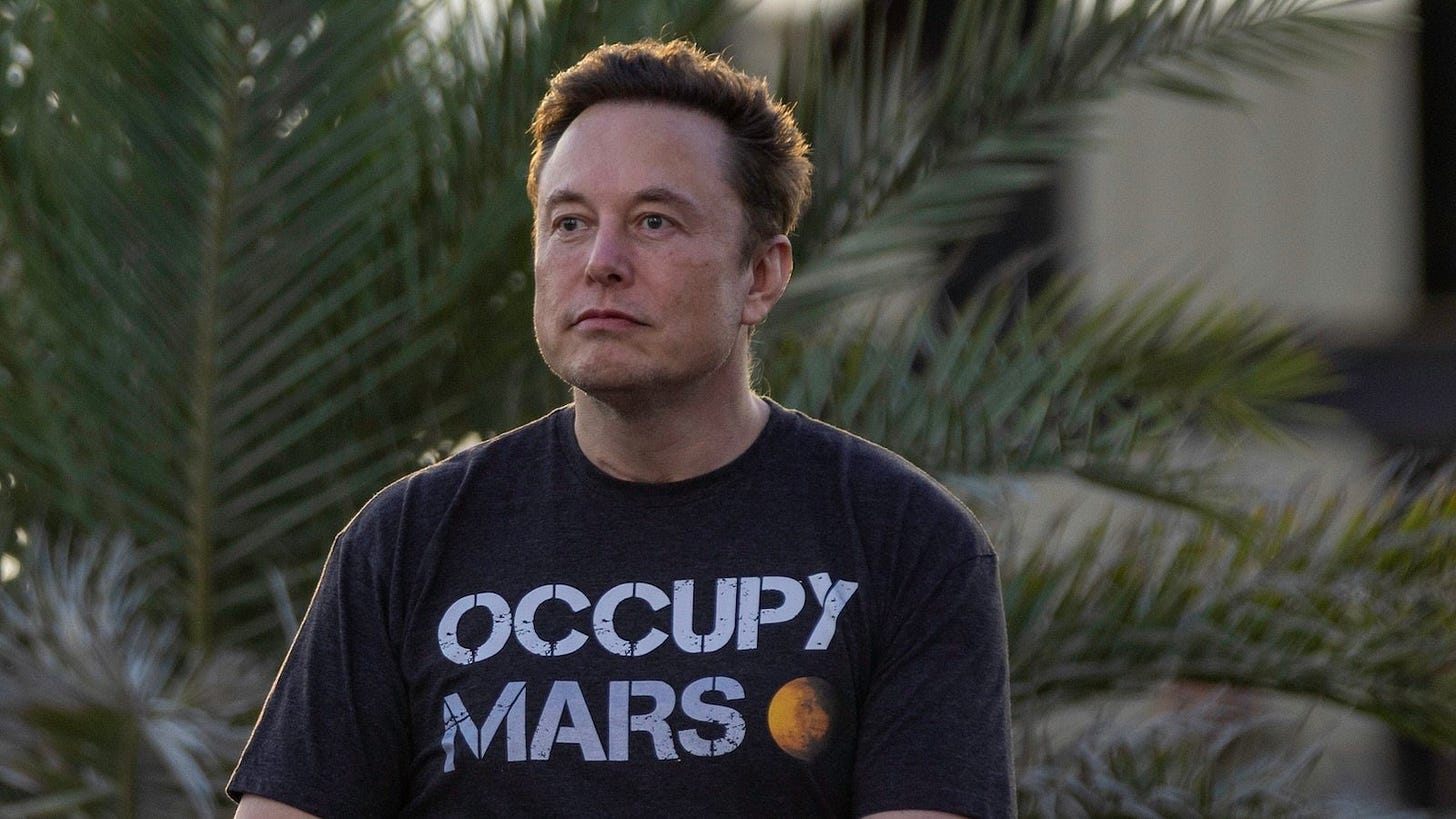
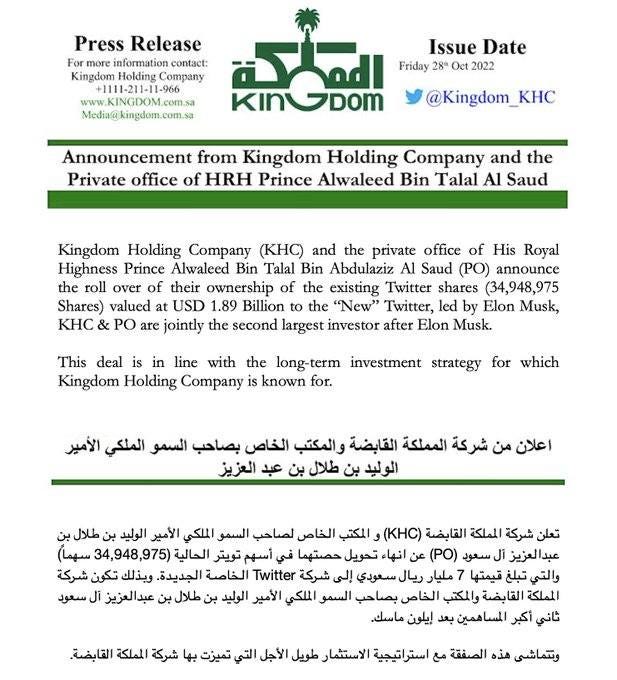
In terms of twitter, I’ve never twat. Perhaps they should just lock the doors and let them eat each other alive.
Someone once said (and I'm paraphrasing), "Steal a few thousand bucks, and you'd best be prepared to do hard time if you're caught. Steal a few BILLION, and they put you on the cover of Forbes magazine." Elon Musk has internalized this duality, and milked it brilliantly. Propose something big, audacious, and, yes, ridiculous enough, and the moneyed elite will throw themselves- and their money- at your feet.
It remains to be seen how many of Musk's projects actually come to fruition, but that's not the point of it all. It's about raising capital; what happens after that is almost beside the point, because Musk is laughing all the way to the bank.
What is Elon Musk? Prophet? Visionary? Genius? How about con artist extraordinaire??